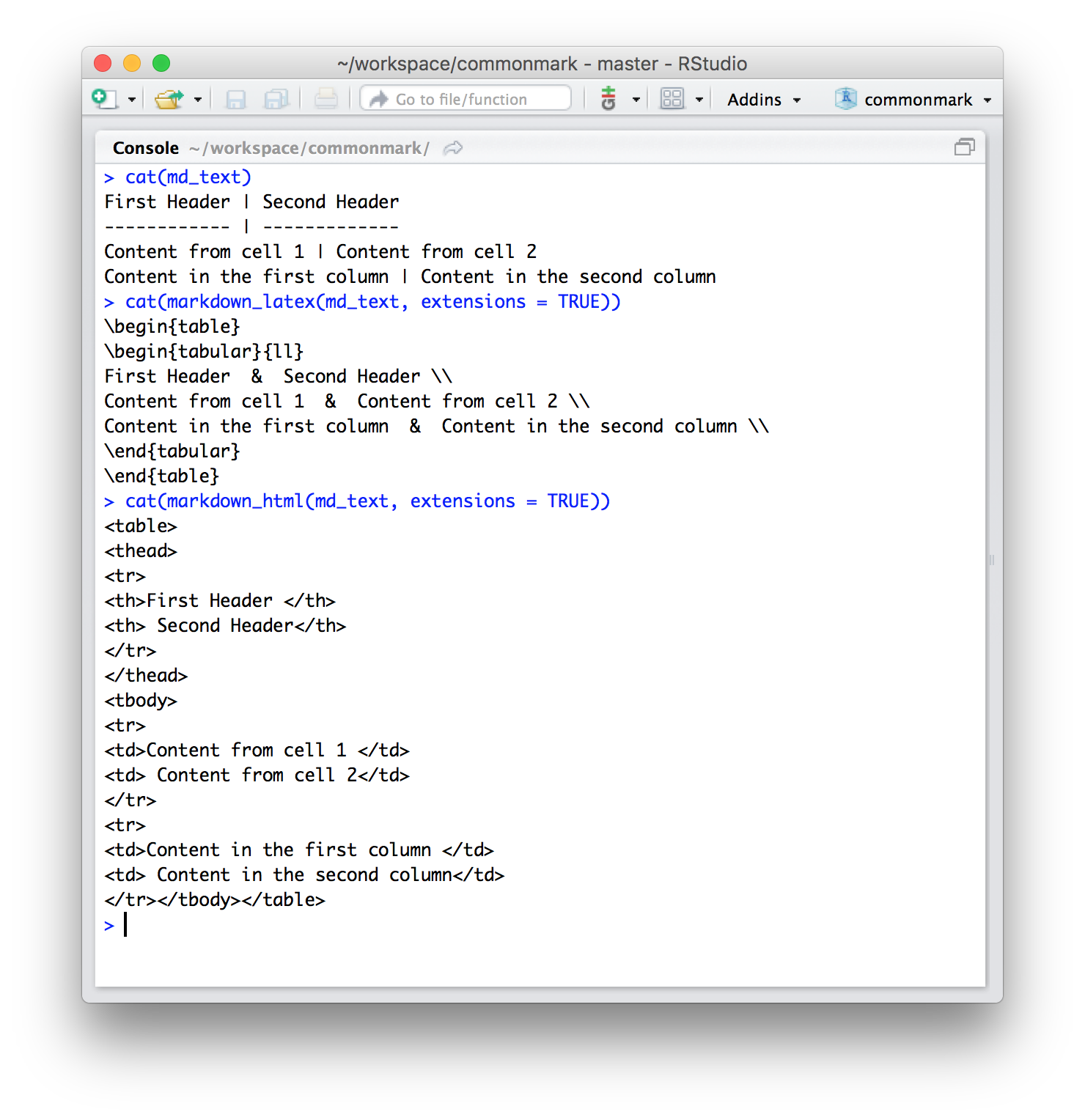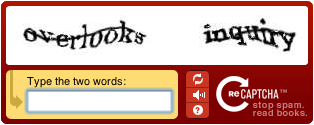This week we released version 1.0 of the ropensci pdftools package to CRAN. Pdftools provides utilities for extracting text, fonts, attachments and other data from PDF files. It also supports rendering of PDF files into bitmap images. This release has a few internal enhancements and fixes an annoying bug for landscape PDF pages. The version bump to 1.0 signifies that the package has undergone sufficient testing and the API is stable.
rOpenSci - open tools for open science
A few weeks ago we announced the first release of the tesseract package: a high quality OCR engine in R. We have now released an update with extra features. Installing Training Data As explained in the first post, the tesseract system is powered by language specific training data. By default only English training data is installed. Version 1.3 adds utilities to make it easier to install additional training data.

This week the folks at Github have open sourced their fork of libcmark (based on the extensive PR by Mathieu Duponchelle), which they use to render markdown text within documents, issues, comments and anything else on the Github website.

Geospatial data - data embedded in a spatial context - is used across disciplines, whether it be history, biology, business, tech, public health, etc. Along with community contributors, we’re working on a suite of tools to make working with spatial data in R as easy as possible. If you’re not familiar with geospatial tools, it’s helpful to see what people do with them in the real world.
HTTP, or Hypertext Transfer Protocol is a protocol by which mostof us interact with the web. When we do requests to a website in a browseron desktop or mobile, or get some data from a server in R, all of that isusing HTTP.

Optical character recognition (OCR) is the process of extracting written or typed text from images such as photos and scanned documents into machine-encoded text. The new rOpenSci package tesseract brings one of the best open-source OCR engines to R. This enables researchers or journalists, for example, to search and analyze vast numbers of documents that are only available in printed form.
You can find members of the rOpenSci team at various meetings and workshops around the world. Come say ‘hi’, learn about how our packages can enable your research, or about our onboarding process for contributing new packages, discuss software sustainability or tell us how we can help you do open and reproducible research. Where’s rOpenSci?
A new package crul ison CRAN. crul is another HTTP client for R, but is relatively simplifiedcompared to httr, and is being builtto link closely with webmockr and vcr. webmockr andvcr are packages ported from Ruby’s webmockand vcr, respectively.They both make mocking HTTP requests really easy. A major use case for mocking HTTP requests is for unit tests.

A new package isdparser ison CRAN. isdparser was in part liberated from rnoaa,then improved. We’ll use isdparser in rnoaa soon. isdparser does not download files for you from NOAA’s ftp servers. Thepackage focuses on parsing the files, which are variable length ASCII stringsstored line by line, where each line has some mandatory data, and any amountof optional data.
In order to facilitate a transformation towards open and reproducible research, rOpenSci is building and improving not only the technical infrastructure, but the social infrastructure as well. To support this, occasionally a Community Call will focus on a topic that reflects the values of rOpenSci.
A new package gpg has appeared on CRAN. From the package description: The package features a beautiful vignette to get you started with using GPG in R. Some highlights from the vignette below. Example: encryption Suppose we want to send an email Glenn Greenwald containing top secret information. His homepage at the intercept shows Greenwalds GPG fingerprint.